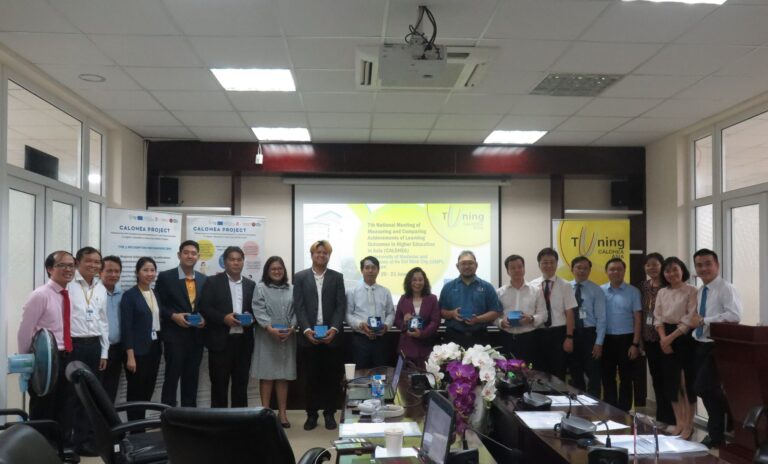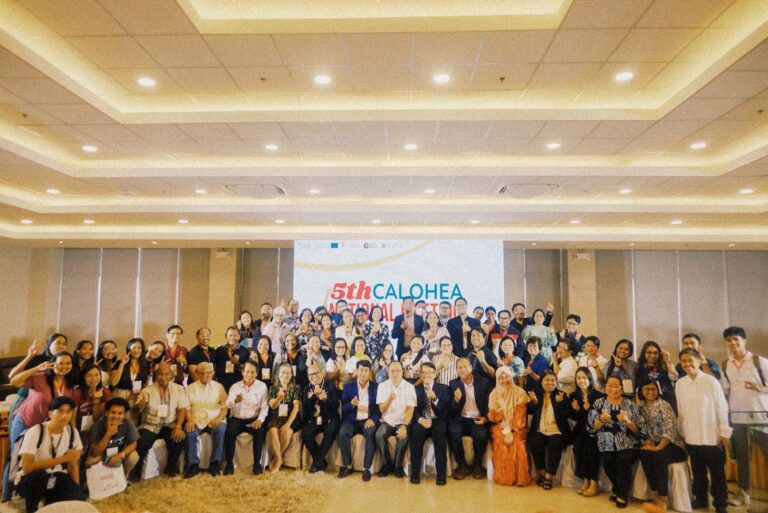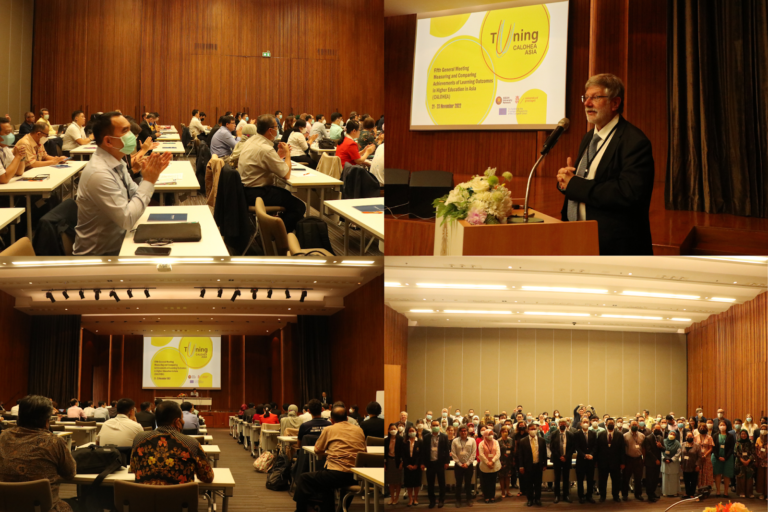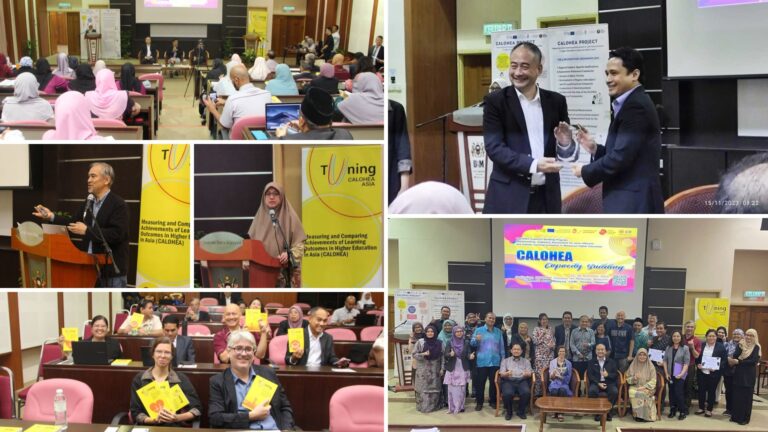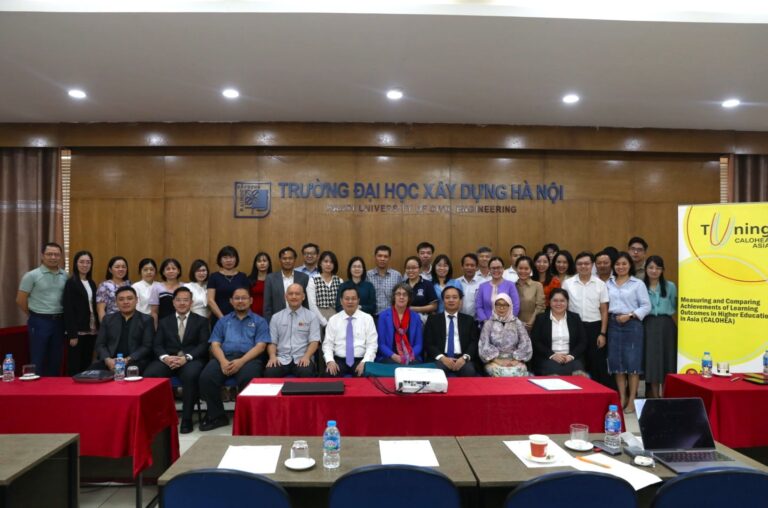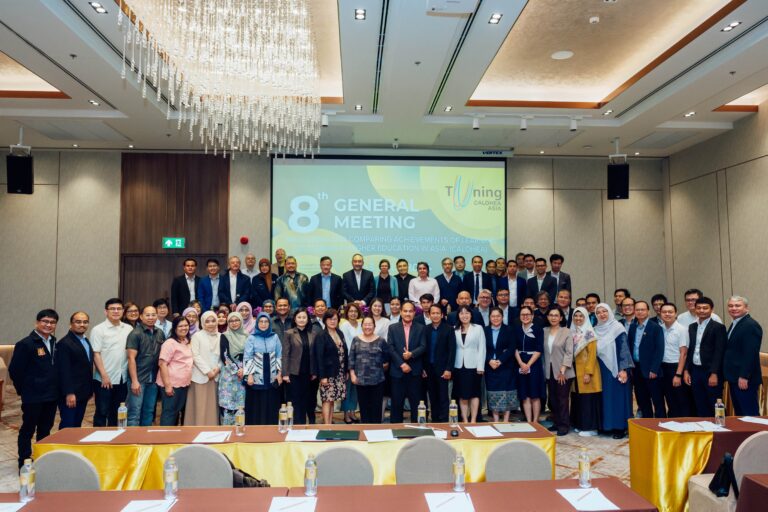CALOHEA Project Transforms Civil Engineering Education in ASEAN: A Journey Towards Global Excellence
The CALOHEA project is making a significant impact on Civil Engineering education across ASEAN, enhancing the international appeal and recognition of academic programmes. This initiative involves 14 universities from Malaysia, Laos, Cambodia, the Philippines, Thailand, Indonesia, and Vietnam. It is guided by European advisors Alfredo Soeiro from Universidade Do Porto and Emilien Azema from Universite de Montpellier, and led by Prof. Dr. Taksiah A. Majid from Universiti Sains Malaysia. The project’s focus on developing a comprehensive Qualification Reference Framework that includes competency-based learning, effective management of student workload, and authentic assessment methods aligns the educational system with global standards and meets the evolving needs of the region.
A notable feature of the CALOHEA project is its strategy for managing student workload. By carefully measuring and managing workload, the project promotes a balanced academic experience that reduces stress and enhances both well-being and performance. This balanced approach is crucial for creating an environment where students can thrive academically and personally. Authentic assessment practices are another key component of the CALOHEA project. By providing relevant, real-world experiences, these assessments ensure that students are well-prepared to meet the challenges of their professions. Unlike traditional exams, authentic assessments allow students to demonstrate their competencies through practical applications of their learning. These two elements, student workload management and authentic assessment, are closely interconnected. A balanced workload gives students more time outside the lecture room, which in turn provides them with more opportunities to engage in authentic assessments. This interconnected strategy fosters an environment where students can excel both academically and personally, benefiting from a curriculum that emphasises practical, real-world application of skills and knowledge. The project also encourages a shift towards teaching methods that develop specific competencies and skills. By integrating real-world scenarios into assessments, such as case studies and practical simulations, teaching practices become more engaging and effective.
At the programme level, the project has driven curriculum refinement, emphasising the competencies students need to develop and incorporating practical tasks into assessments. This ensures graduates achieve desired programme outcomes and are well-prepared for their future careers through practical evaluations. The adoption of harmonised key dimensions of student competencies tailored for Civil Engineering aligns educational objectives with industry needs.
By integrating Sustainable Development Goals (SDG), addressing 21st-century challenges, and incorporating Industry 4.0 elements, the CALOHEA project ensures Civil Engineering programmes are not only current but also future-focused. Emphasising inner strength and quality values, the framework prepares students to become future-ready engineers capable of tackling complex global issues with innovative solutions.
Standardising and harmonising curriculum design across ASEAN, while respecting diverse local requirements, ensures programmes are regionally relevant yet internationally competitive. This approach facilitates student and academic mobility, fosters collaboration, and enhances the global recognition of Civil Engineering qualifications in ASEAN. The CALOHEA project goes beyond aligning educational standards. It creates a transformative educational experience that prepares Civil Engineering students to become leaders in their field, ready to address both regional and global challenges with competence and confidence. The CALOHEA project’s guidelines for measuring and comparing student learning outcomes support the internationalisation of higher education, aiding in the enhancement and review of existing policies and curricula.
Educators, students, and stakeholders are invited to explore the extensive results and resources offered by CALOHEA. Learn more about how these advancements can support your academic and professional development. For additional information, visit the CALOHEA website at https://calohea.org/.







